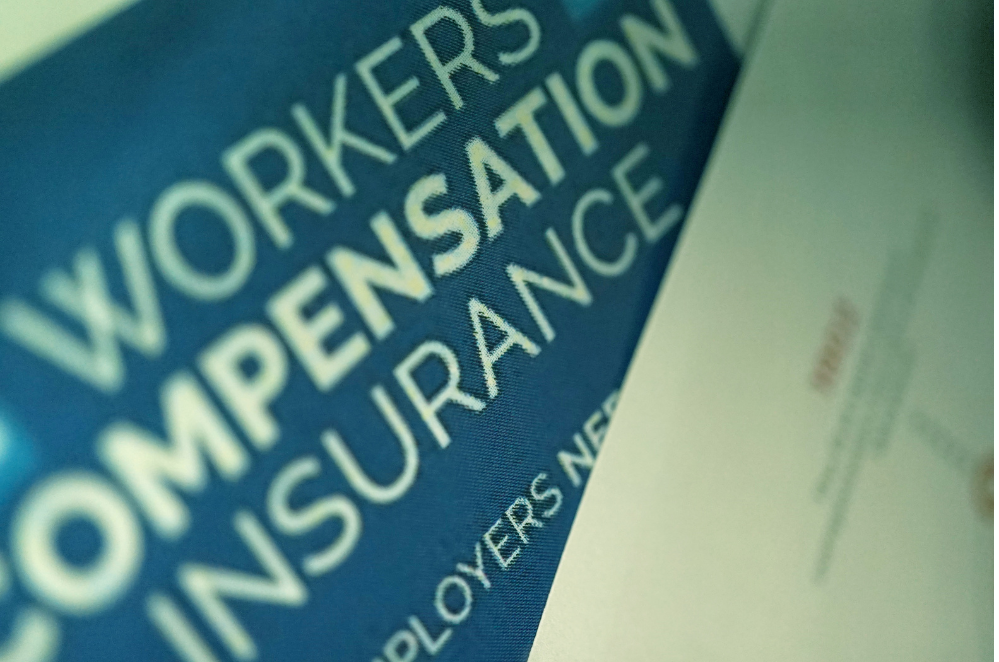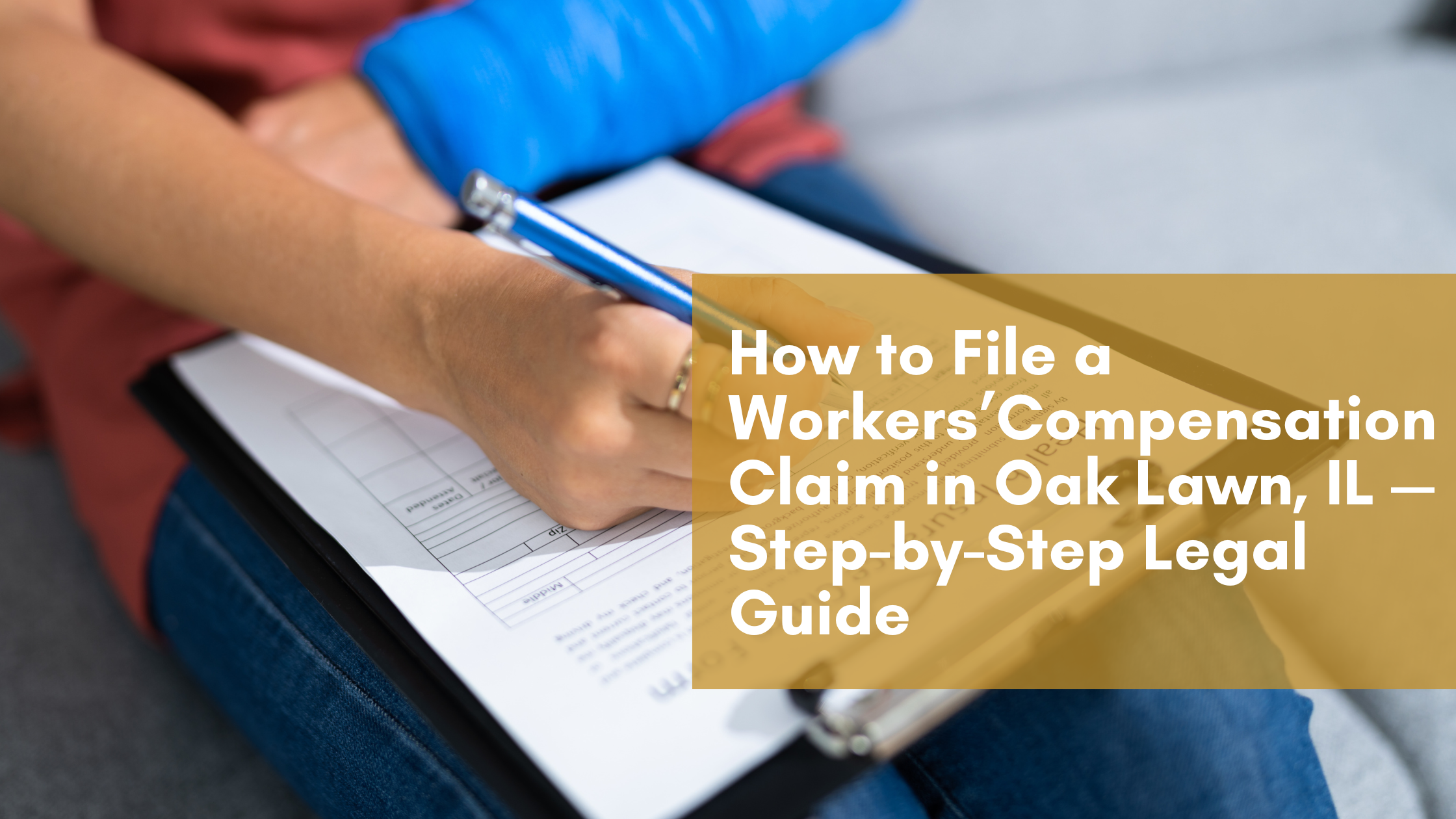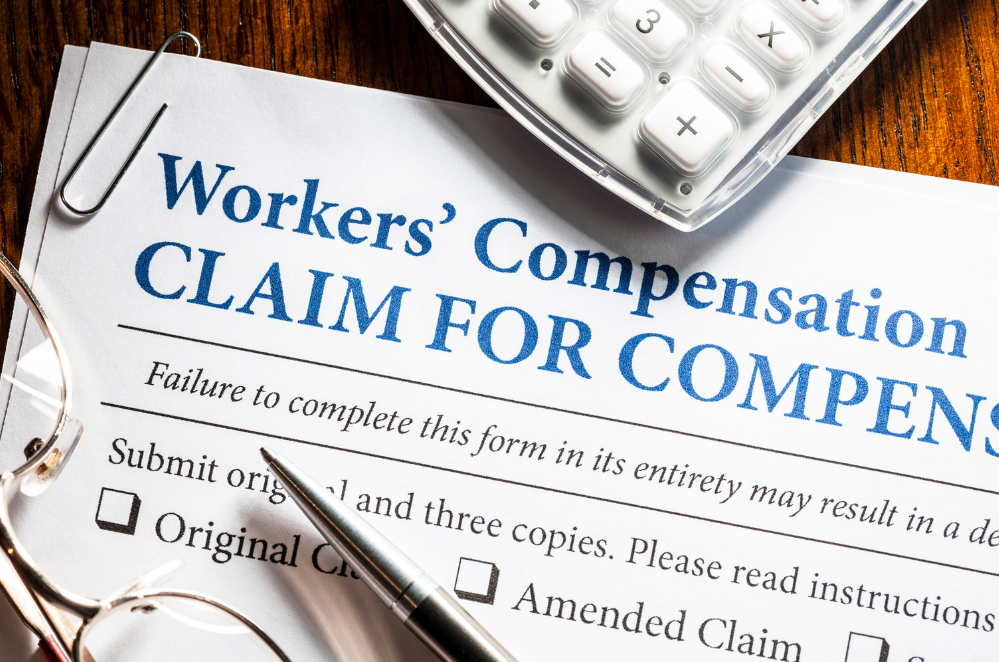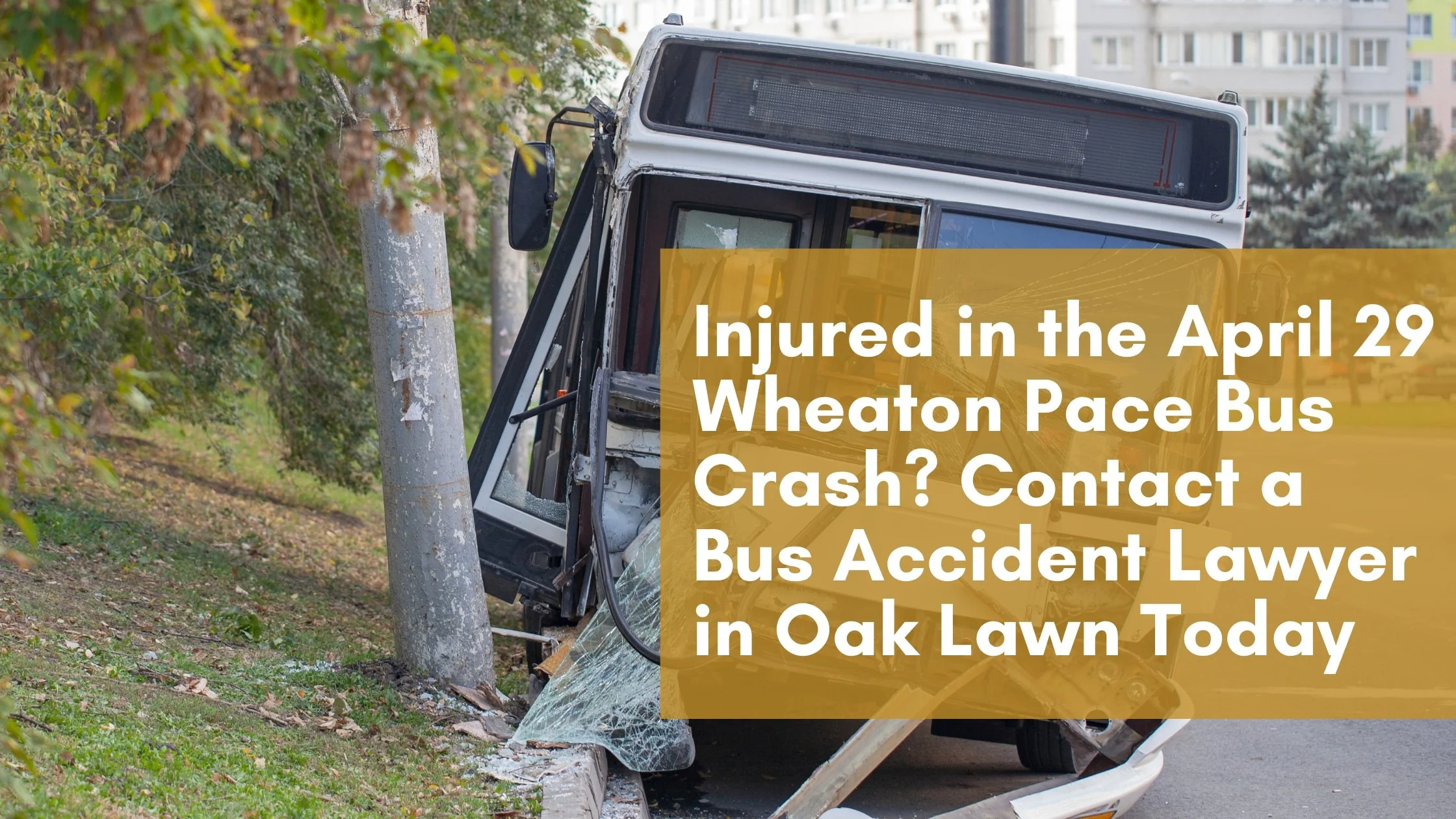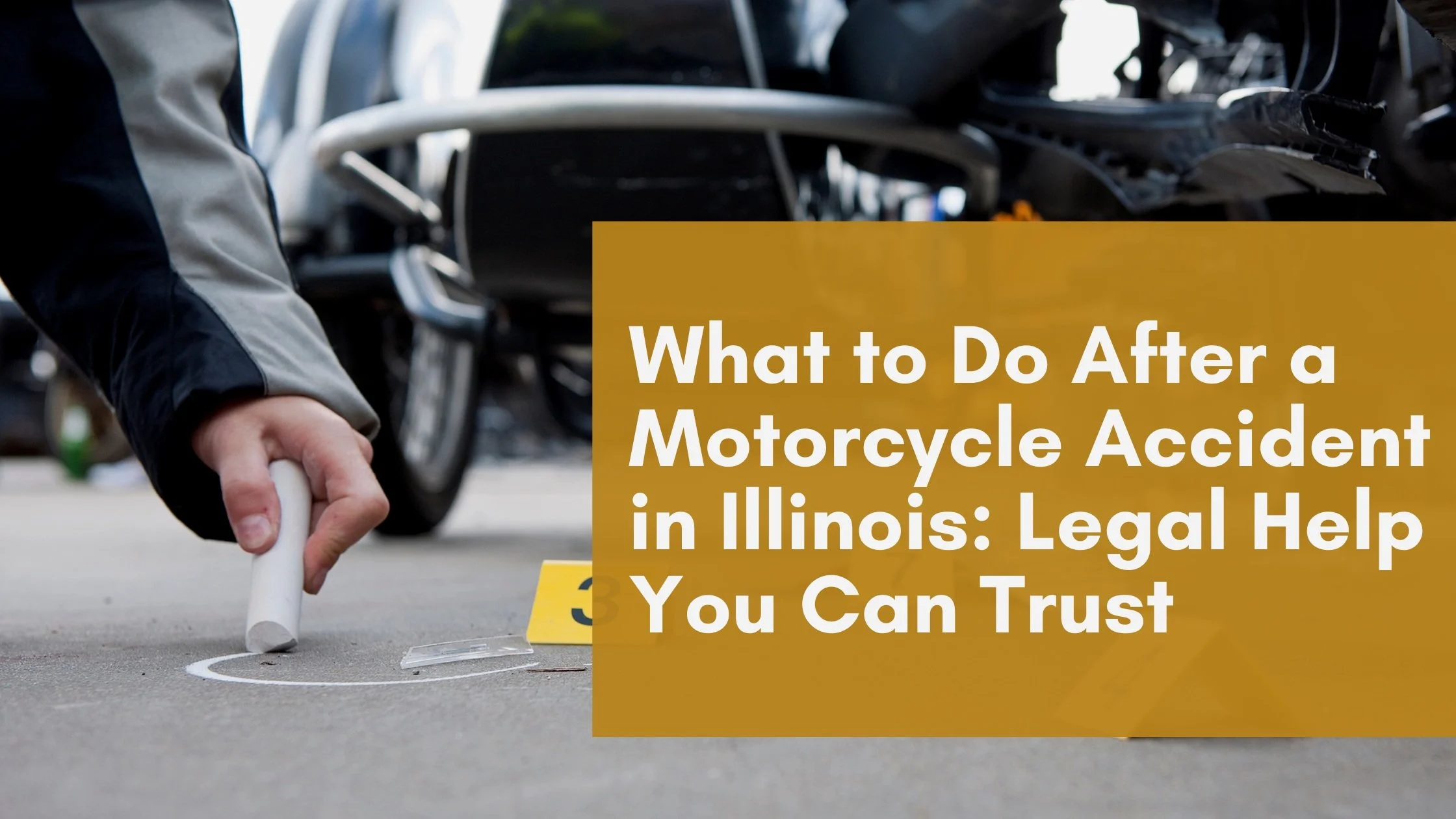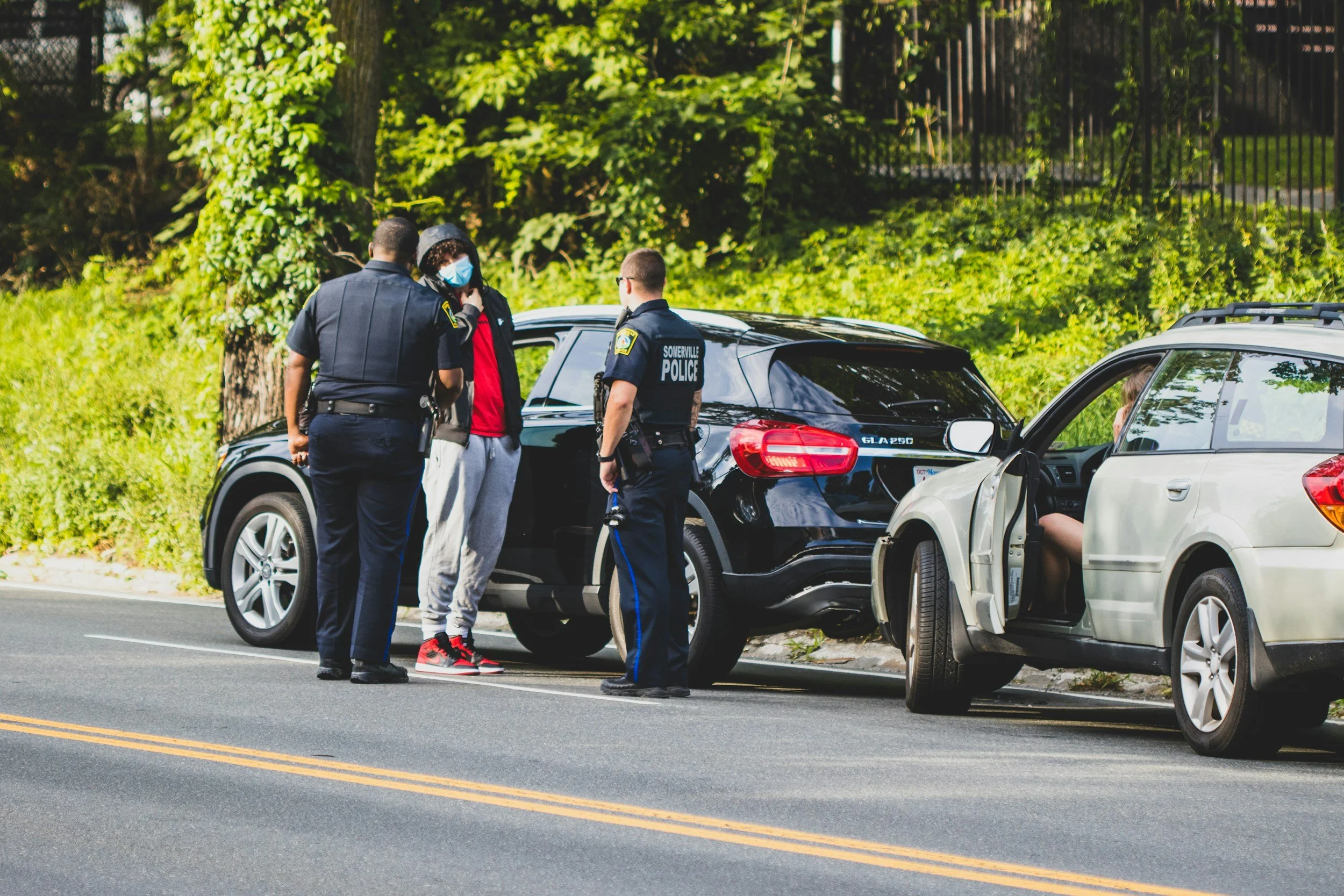“I got hurt at work. Do I file workers’ comp or use my company’s short-term disability?”
We get this concern a lot.
However, 9/10 times, if your injury happened on the job in Illinois, workers’ comp is usually the correct path, not short-term disability.
Quick Comparison: Workers’ Comp vs. Short-Term Disability (Illinois)
In a nutshell, workers compensation is work-related while short term disability isn’t.
Workers’ comp covers medical care at no out-of-pocket cost and pays wage benefits (typically two-thirds of your average weekly wage) after a brief waiting period, and it’s generally not taxable.
Short-term disability (STD) can help when the condition is not work-related.
If a comp claim is denied/under review, it usually won’t cover your work injury and benefits are often taxable if the employer pays the premiums.
For an extensive overview between the two, the table below outlines key differences between workers comp and short-term disability.
Feature
Workers’ Compensation (IL)
Short-Term Disability (STD)
What it covers
Work-related injuries/illnesses (on-the-job or arising out of work)
Generally non-work-related injuries/illnesses
Medical bills
Employer/insurer must pay necessary medical care (subject to fee schedule; “two-doctor rule” applies)
Typically no medical coverage; it’s income replacement only
Wage replacement
Temporary Total Disability/Temporary Partial Disability wage loss (typically 2/3 of average weekly wage, with min/max caps)
% of income per policy (often 40–70%), caps vary
Waiting period
3 working days; if disability lasts 14+ days, retroactive to day 1
“Elimination period” often 7–14 days (policy-specific)
Taxes on benefits
Generally not taxable (state or federal)
Taxable if employer paid premiums or pre-tax; not taxable if employee paid with after-tax dollars
Choice of doctor
Limited but meaningful choice (e.g., two-doctor rule/PPP framework)
Any provider your plan accepts (policy governs)
Job protection
Workers compensation itself ≠ job protection; Family and Medical Leave Act or American Disabilities Act (FMLA/ADA) may apply
Short-term disability ≠ job protection; FMLA/ADA or employer policy applies
Primary when injury is on-the-job?
Yes—WC is the proper system for work injuries
Usually excluded for work injuries; may be used only if WC denied/pending
How Workers’ Comp Works in Illinois (Plain English)
Eligibility: You were hurt because of your job (incident, repetitive strain, exposure).
Medical care: The employer/insurer must pay for reasonable and necessary treatment under the Act—no copays/deductibles to you (subject to fee schedules).
Wage checks: If you can’t work, you may get Temporary Total Disability (TTD), about two thirds or 66% of your AWW, subject to IB max/min. Waiting period: first 3 working days unpaid unless you’re out 14+ days, then it’s retroactive.
Light duty: If on restrictions with lower pay, Temporary Partial Disability (TPD) can cover part of the wage gap.
Tax treatment: Workers’ comp benefits are generally tax-free (federal and Illinois).
Doctor choice: Illinois allows a limited choice of treating physicians (often described as a “two-doctor rule,” affected by any employer Preferred Provider Program)
Workers Comp Example
You wrench your back lifting a pallet in Joliet.
This means a trip to the ER, along with MRI scans and possibly a few weeks session for physical therapy.
Under Illinois Workers Comp, your medical bills are covered, and you receive TTD checks while off.
If you’re out more than two weeks, the first three days get paid retroactively.
How Short-Term Disability Works (and when it fits)
What it is: An insurance policy, typically through your employer, that replaces part of your income when you can’t work due to non-work injuries/illnesses (e.g., off-duty fall, surgery, pregnancy recovery). It usually excludes work injuries because workers’ compensation is primary.
Waiting period: Policies often have a 7–14 day elimination period before benefits start
Benefit amount: Often 40–70% of pre-disability wages for a few weeks to months (policy-dependent).
Taxes: If your employer funds premiums or they’re pre-tax, benefits are taxable; if you pay with after-tax dollars, they’re usually not taxable.
Can You File for a Workers Comp and Short-Term Disability At The Same Time?
You cannot file for both Workers’ Comp and Short-term Disability at the same time since both have different natures of circumstances.
One happens at work, while the other happens outside of work.
For work related cases, it’s always preferable to file for a workers comp immediately.
Think about medical costs, consultations, and other fees. These are only covered for workers comp but not short-term disability.
If your work injury claim is denied or under investigation, some employees temporarily apply for short-term disability to keep income flowing
Most STD policies offset or stop once workers’ comp pays.
Coordinate carefully so you don’t have to repay benefits later.
2025 Workers Comp Rates in Illinois
Based on the data from Illinois’ Workers Comp law, these are the maximum rates depending on the case and benefit types.
| Benefit Type | Rate / Cap |
| Statewide Average Weekly Wage (SAWW) | $1,452.68 |
| Maximum TTD / PTD / Death / Amputation / Eye | $1,936.86 per week |
| Maximum PPD (non-amputation / non-eye) | $1,045.92 per week |
| Minimum TTD (base, no dependents) | $400.00 per week |
| Mandatory Maximum Total Compensation Cap | $500,000 OR 25 years, whichever is greater |
Why People Mix Workers’ Comp and Short Term Disability (and how to prevent an undermine claim)
STD feels faster and HR may know it well, so some workers default to this process even after an on-the-job injury.
The risk of choosing STD for a work injury can undermine your comp claim (In several cases, we’ve seen the insurer argue it’s non-work).
If it happened at work, report it as work-related, file the WC claim, follow medical advice, and consult counsel. You can layer STD only if your WC claim is formally denied/pending, and even then, keep in mind about any offsets/taxes.
Which is the Better Option?
If the injury/illness is…
Work-related (forklift incident, repetitive strain, exposure): Workers’ Comp → medical bills + wage benefits (usually tax-free).
Not work-related (off-duty fall, non-occupational surgery recovery): Short-Term Disability (policy rules, taxes depend on who paid premiums).
Work-related but your employer disputes it: Start WC anyway, consider STD as a bridge while you appeal and coordinate to avoid overpayments.
Confused about which path to file? Get clarity in minutes. Contact Wojcik Law for a free case review. We’ll triage your options and protect your paycheck.
First 72 Hours After a Work Injury (Checklist)
Report the injury to your employer in writing; note date/time/location/witnesses.
Get medical care and tell the provider it’s work-related (so billing routes to WC).
Follow restrictions; keep copies of work notes.
Track wages (for AWW accuracy).
Call a workers’ comp lawyer if there’s any dispute, delay, or pressure to use STD instead of WC.
In our experience, the biggest mistake is using private health insurance or STD for a work injury—it undermines the claim and risks out-of-pocket costs you didn’t need to pay.
Workers Comp vs Short Term Disability FAQs
Does workers’ comp pay more than short-term disability in Illinois?
Workers comp pays more since it covers both medical bills/expenses and wage benefits (often tax-free). Although short-term disability compensates between 60 to 70% of your total wage, it’s also taxable leading to a lower net pay, and you shoulder the medical costs as well.
How much does workers’ comp pay per week in Illinois?
A workers comp pay per week generally sits at about 2/3 of your average weekly wage, and it’s subject to min/max (between $400 to around $1,900) set by the state. So if you’re average weekly pay is 1,000 you get a net take home pay of $666.67.
What is the Illinois workers’ comp waiting period?
Under Illinois law, the average workers comp waiting period is three working days but can be longer than that; if you’re off 14+ days, you’re paid retroactively from day one.
Are workers’ comp benefits taxable in Illinois?
Workers comp benefits are generally not taxable at state or federal levels.
Does short-term disability cover work injuries?
STD policies usually exclude work injuries because workers’ comp is the primary remedy.
Will I lose my job while on WC or STD?
Neither WC nor STD guarantees job protection. FMLA (if eligible) can protect up to 12 weeks; ADA may also require reasonable accommodation.
Looking for a Workers Comp Attorney in Oak Lawn, Illinois?
If you need help filing for a workers’ compensation claim, or need to consult a workers’ comp attorney due to an irregular or abnormal case, you can reach us at 708-424-2121.
Our full address is 4550 W 103rd St # 101, Oak Lawn, IL 60453.



